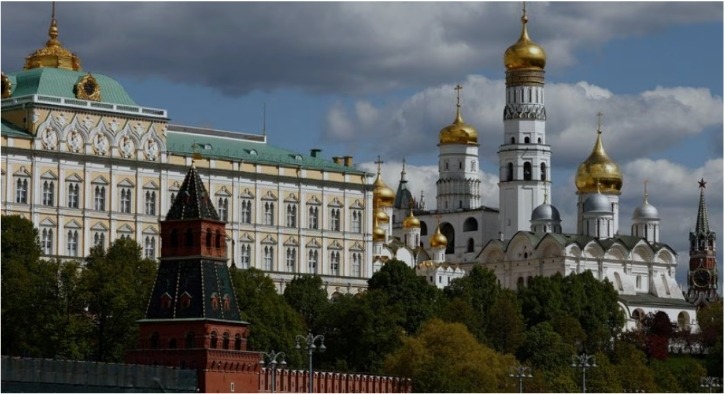
Russian academics involved in hypersonic missile technology are facing “very serious accusations,” according to the Kremlin. The treason investigation has raised concerns within the country’s scientific community. Anatoly Maslov, Alexander Shiplyuk, and Valery Zvegintsev, the academics in question, have received support from their colleagues who penned an open letter defending their innocence and expressing fears that the prosecutions could harm Russian science.
Previously, President Vladimir Putin boasted about Russia’s hypersonic missile capabilities, claiming they were the best in the world and capable of speeds up to Mach 10 to evade enemy air defenses. However, Ukraine recently claimed to have destroyed six of these missiles in one night, a claim that Russia disputes.
The arrested scientists have been active participants in various academic conferences over the years. In 2012, Maslov and Shiplyuk presented their research on hypersonic missile design in France, and in 2016, all three academics contributed to a book chapter on hypersonic research facilities in Russia.
The open letter from their colleagues at the Khristianovich Institute of Theoretical and Applied Mechanics in Novosibirsk emphasizes that the materials presented by the scientists at international forums underwent thorough checks to ensure they did not contain restricted information. The letter raises concerns about the wider implications of these cases, suggesting that any article or report could potentially lead to accusations of high treason.
The letter also highlights the case of Dmitry Kolker, another Siberian scientist who was arrested on suspicion of state treason last year but tragically passed away two days later from advanced pancreatic cancer. Such cases have a chilling effect on young scientists, with the best students now refusing to work in this environment and talented researchers leaving the field of science altogether. This trend has resulted in the closure of critical research areas for future aerospace technology, as employees fear engaging in such work.
Kremlin spokesman Dmitry Peskov acknowledged the existence of the open letter but clarified that the Russian special services are responsible for the investigation. He stressed that the accusations are serious in nature. The investigation and subsequent legal proceedings are being closely monitored, as concerns grow regarding their impact on the scientific community and research in Russia.
